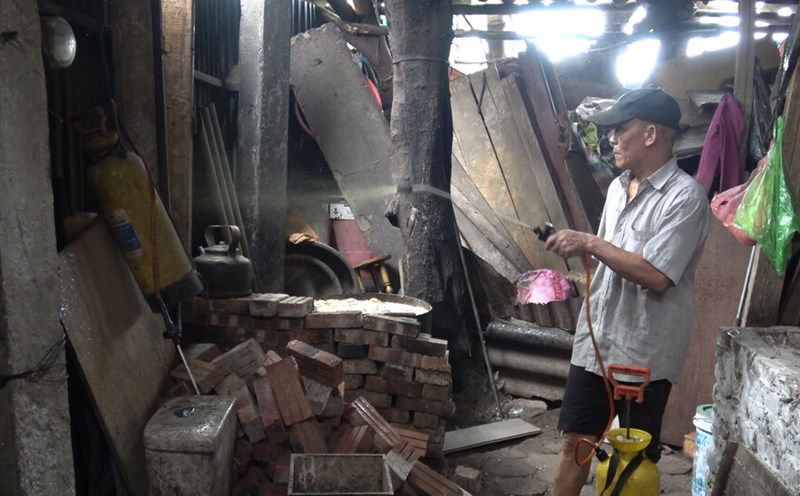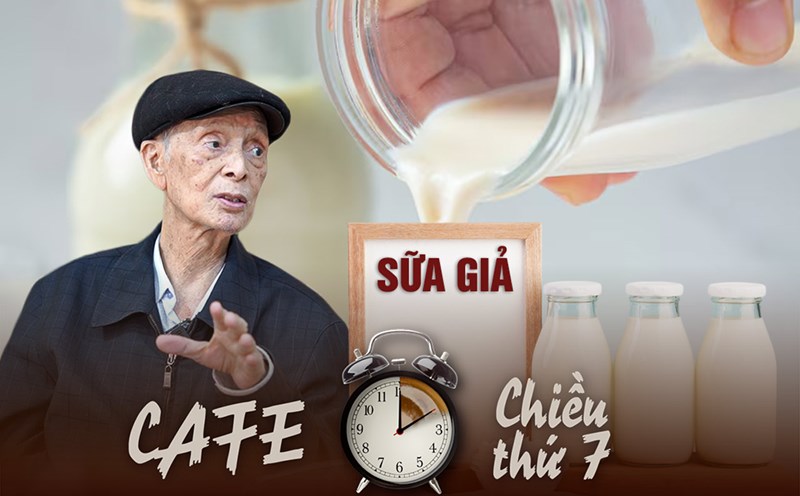The World Immunization Week takes place from April 24 to 30 to promote the use of vaccines to protect people of all ages from disease.
According to the World Health Organization (WHO), global vaccination campaigns over the past 50 years have saved about 154 million lives - equivalent to 6 people per minute, bringing an average of 66 years of healthy life to each person with protection. However, only a few countries currently recommend adequate vaccination for adults.
The population aged 60 and over is growing rapidly, from 1 billion people in 2020 expected to reach 1.4 billion by 2030, posing a major challenge in disease prevention in the elderly - a group susceptible to chronic diseases and infectious diseases that can be prevented by vaccine. There are currently 25 diseases that can be prevented by vaccination, but the vaccination rate in adults is still low.
Dr. Pham Thi My Lien - Chairwoman of GSK Vietnam - emphasized: Investing in adults' vaccination is very important to prevent diseases, improve public health and contribute to economic development. On the occasion of World Immunization Week 2025, we are committed to working with partners to promote the transition from 'pacific care' to ' proactive health care', making adult vaccination the standard".
Vaccination not only protects health but also helps reduce antibiotic resistance by reducing the rate of diseases that require drug treatment. Each investment in adults' vaccination can bring 19 times more socio-economic benefits, helping the elderly live more actively and healthily.
Dr. Hoang Minh Duc - Director of the Department of Disease Prevention (Ministry of Health) said that the measles epidemic has increased abnormally due to the COVID-19 pandemic in 2020 - 2021 and the interruption of the supply of expanded immunization vaccines in 2022 - 2023, causing the vaccine coverage rate to decrease sharply.
The Ministry of Health is implementing a measles vaccination campaign with positive results: Phase 1 reached 95.5%, phase 2 (as of April 7, 2025) reached 96% of the target. The Ministry of Health has also planned to vaccinate against measles in the third phase, expanding to children aged 11-15 in high-risk areas who have not been vaccinated or have not received enough doses.
Dr. Le Kien Ngai - Head of the Department of Infection Prevention and Control, National Children's Hospital warned: When vaccine attendance becomes a public health hazard.
WHO classifies vaccine attendance - hesitation or refusal to vaccinate despite available vaccines - as one of the top 10 threats to global health. The cause is from lack of knowledge, concerns about side effects, subjective psychology that the disease has "extinct", to false beliefs spreading on social networks, religions, and cultures.
As a result, un vaccinated children are at high risk of disease, easily becoming seriously ill, and even dying. In the long term, the community faces the risk of an outbreak, medical overload and human losses.
If hesitation can be changed through education, then opposing vaccines is a more extreme manifestation. This is the "fire" that caused the epidemic to return, despite being controlled.











